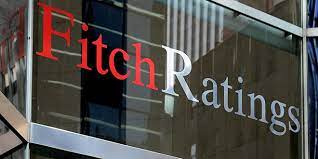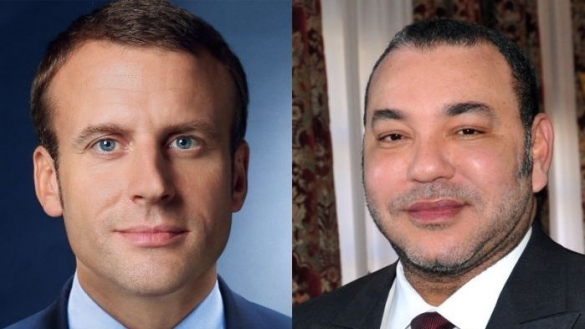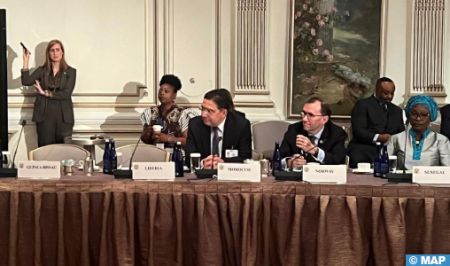Fitch Ratings agency has affirmed Morocco’s Long-Term Foreign-Currency Issuer Default Rating (IDR) at ‘BB+’ with a Stable Outlook due to favorable debt composition, reasonably comfortable external liquidity buffers and a record of macroeconomic stability.
In 2021, Morocco’s GDP growth rebounded to 7.4%, after contracting by 6.4% in 2020. “We forecast growth to decelerate to 1.1% in 2022 due to the worst drought in decades leading to a contraction of agricultural output, and the adverse international environment”, says the global ratings agency.
Fitch expects Morocco’s growth to pick up to 3% in 2023 (to close to the projected ‘BB’ median at 3.5%) due to improved rainfall, recovery of the tourism sector and strong industrial performance.
It also anticipates the country’s fiscal policy to remain accommodative to support the economic recovery. Spillovers from the conflict in Ukraine and prolonged disruptions to global supply chains represent key downside risks, according to Fitch experts.
Morocco’s deficit declined in 2021 to 5.3% of GDP from 7.5% in 2020. Tax revenues recovered (up 9% compared with 2020), in line with stronger economic activity. Spending pressures from social issues, combined with fluctuations in global commodity prices and the drought, will weigh on the Kingdom’s public finances in 2022, says Fitch agency.
To mitigate the impact of higher prices, the Moroccan government will increase spending on subsidies for food, butane gas and the transport sector, adds the agency. Subsidies are expected to represent 2.6% of GDP in 2022, against 1.1% in 2021. Part of this will be compensated by higher VAT, import and corporate tax revenue collections due to high inflation.
Fitch expects the country’s fiscal deficit to remain large at 6.6% of GDP in 2022 and 6% in 2023, exceeding the ‘BB’ median forecast of 3.8% in 2023.
According to Fitch forecast, Morocco’s exports of phosphates will partly offset the increase in imports, as fertilizer prices have risen further due to a global shortage arising from the sanctions imposed on Russia. Tourist receipts will likely be higher in 2022, but below the pre-pandemic level.
In 1Q 2022, inflation increased to 4% yoy on average due to soaring food, energy and transport prices. Fitch expects inflation to average 4.7% in 2022, before easing to 2.0% in 2023.



